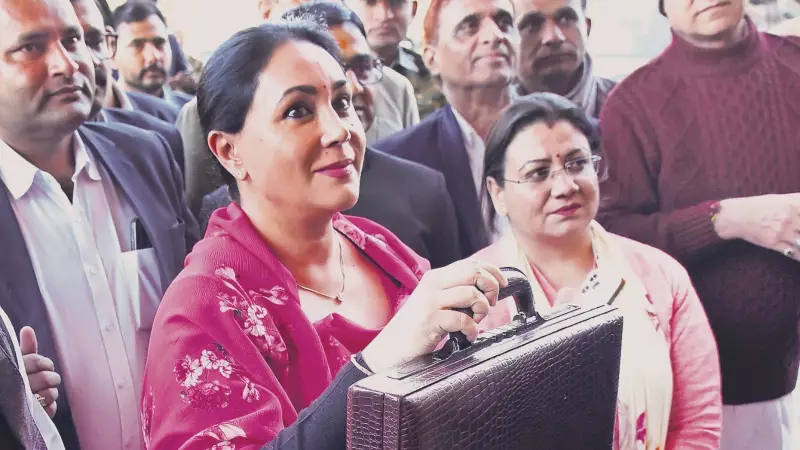
In a dramatic turn of events that has sent ripples through India's media landscape, two journalists from a Bhopal-based news portal found themselves at the center of a legal storm in Jaipur. The duo was detained by Rajasthan police for allegedly circulating fabricated information about Deputy Chief Minister Diya Kumari, only to be released a day later with a curious directive: return for further questioning within five days.
The Jaipur Police Investigation
The case unfolded when Jaipur law enforcement authorities took serious note of what they described as "completely false and fabricated" content circulating online about the Deputy CM. The material, which allegedly contained misleading information about Diya Kumari, prompted immediate police action under relevant sections of the Indian Penal Code.
According to police sources, the investigation revealed that the accused individuals had knowingly published and disseminated unverified information through their digital news platform. The nature of the false content, while not explicitly detailed in official statements, was deemed serious enough to warrant detention and formal legal proceedings.
Release with Conditions
In a development that has raised eyebrows in media circles, the two journalists were released from custody but instructed to rejoin the investigation within a five-day window. This conditional release suggests that while the immediate detention period has ended, the legal process is far from over.
Police officials emphasized that the release doesn't signify the conclusion of the case. "The investigation is ongoing, and we have asked the accused to cooperate with further questioning," stated a senior police officer familiar with the matter.
Broader Implications for Indian Media
This incident occurs against the backdrop of increasing scrutiny of digital media platforms in India and growing concerns about misinformation. The case highlights the delicate balance between regulating false information and protecting press freedom.
Media rights organizations are closely monitoring the situation, particularly the conditional nature of the journalists' release and the ongoing investigation. The five-day window for rejoining questioning adds an unusual dimension to the case, leaving many wondering about the next developments in this unfolding legal drama.
As digital media continues to evolve in India, cases like this one are likely to shape the future landscape of online journalism, legal accountability, and the boundaries of press freedom in the world's largest democracy.





